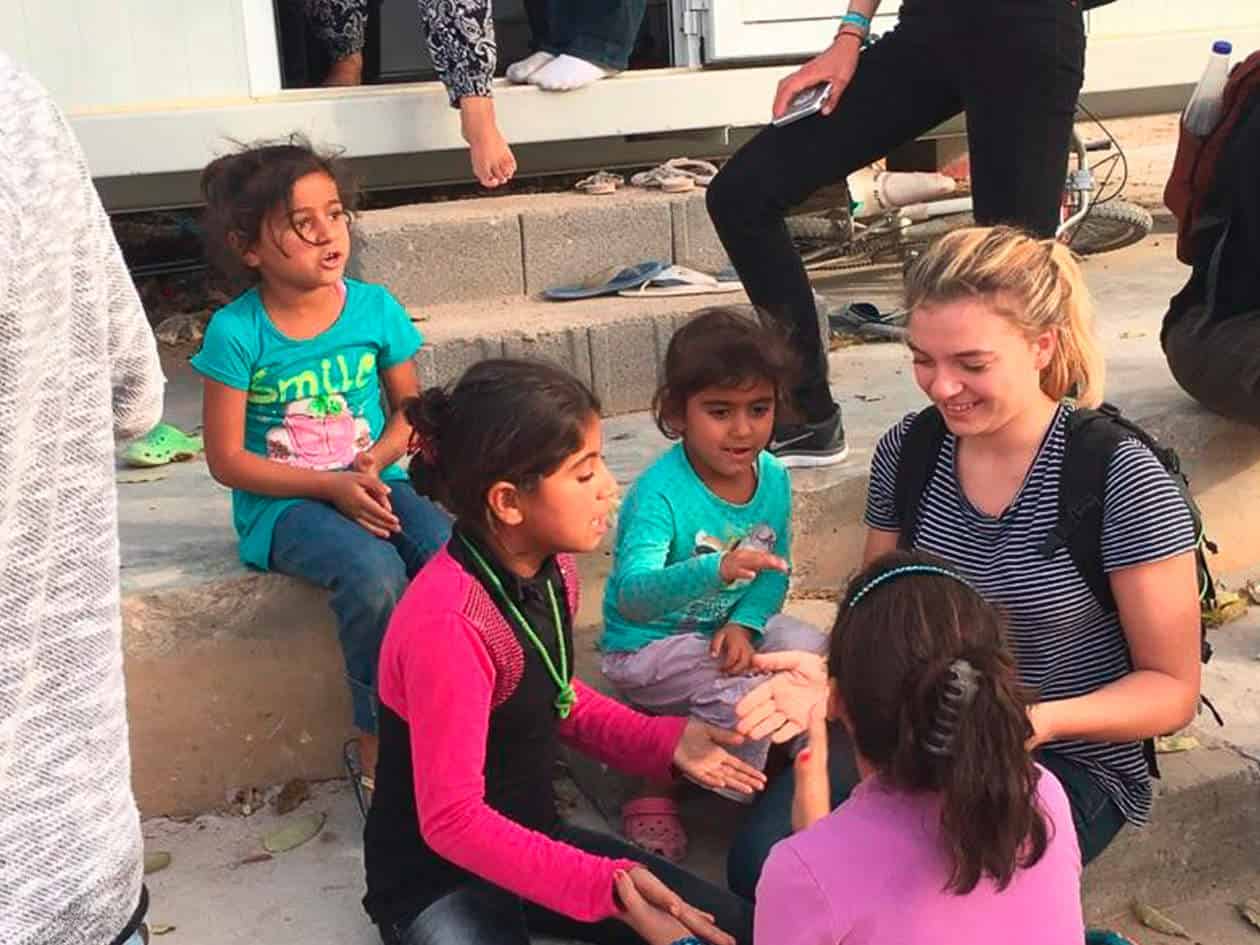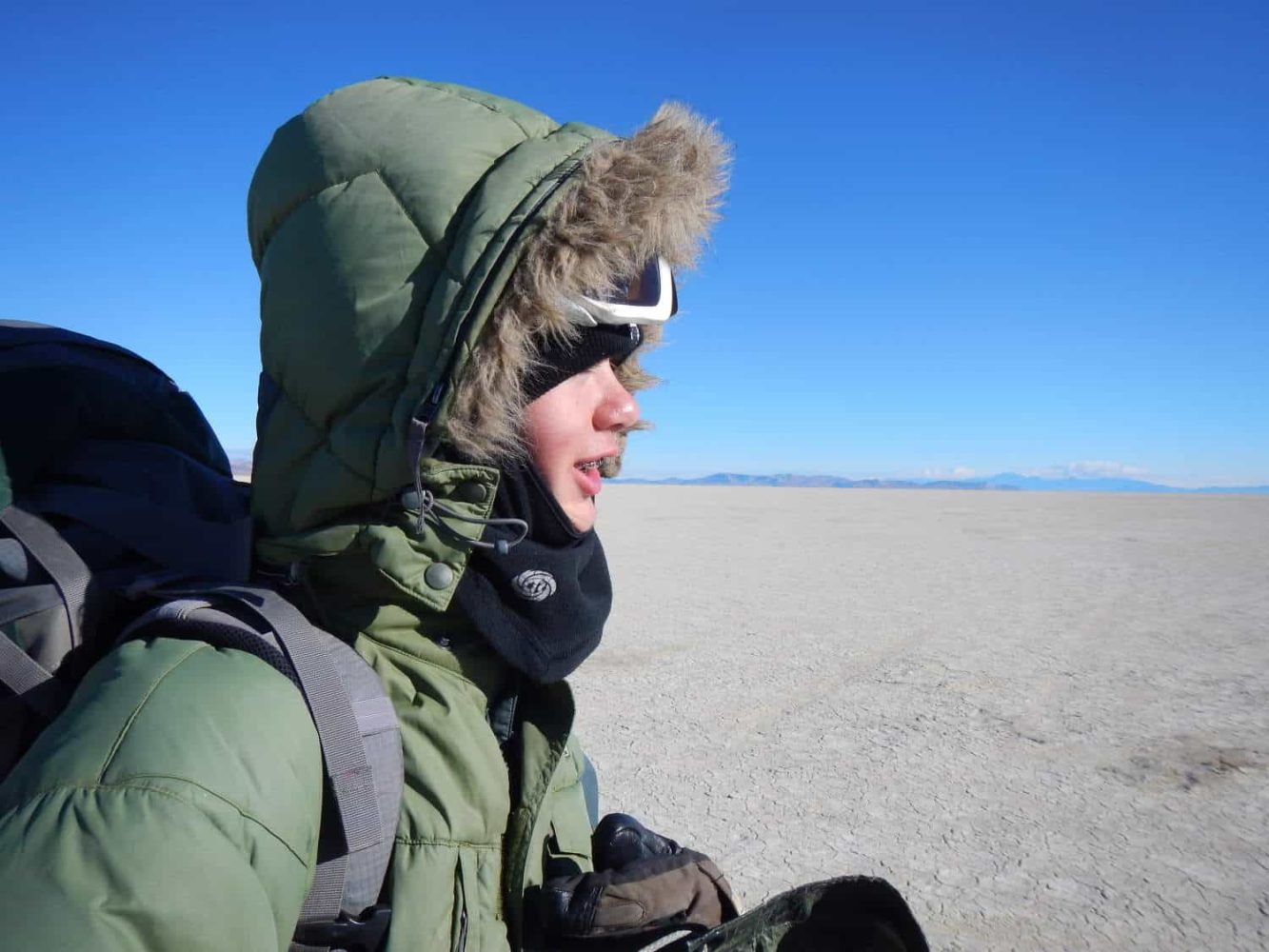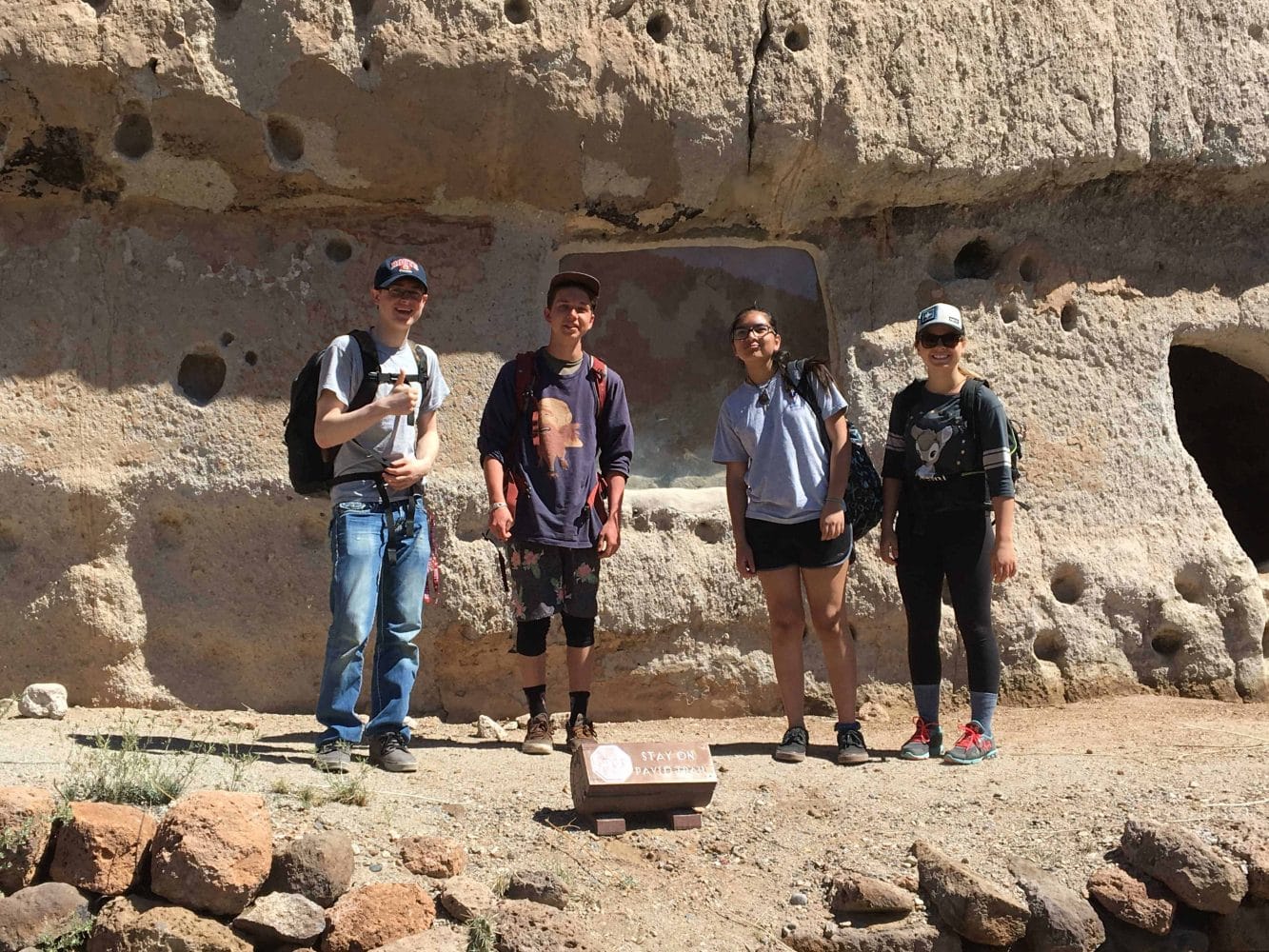Using Constructive Adversity to Develop Character at School: Part II
At +Impact School, we have empirical evidence and anecdotal data from the past five years that Constructive Adversity, our version of experiential learning, helps foster resilience, perseverance and problem solving skills.
In an article for The Atlantic Monthly, author Paul Tough discusses the bold, new idea in the education world – that character matters. Yet he adds, “For all our talk about non-cognitive skills, nobody has yet found a reliable way to teach kids to be grittier or more resilient.”
At +Impact School, we have empirical evidence and anecdotal data from the past five years that Constructive Adversity, our version of experiential learning, helps foster resilience, perseverance and problem solving skills – the toolkit students need to succeed today and tomorrow. (Read Part I to learn more about Constructive Adversity.)
Izze Miller, one of +Impact School’s founding students, sums it up best saying,
“All of the times we were holed up in tents or in cars trying to rough something out, it made me learn that sometimes things don’t go as planned, and you just have to shut up and roll with it.”
We implement this educational philosophy through mind-blowing adventures that integrate academics and character. We call them Peak Experiences, a term derived from Tony Robbins’ idea of the flow state or “peak state.”
These trips happen in rhythms and cycles throughout the year. They are not ‘one-offs’ or isolated trips. Instead, they happen 5-6 times a year, with a total of 30+ days and nights off-site. Cadence and repetition are critical ingredients in building character, so the frequency of these experiences is critical for ensuring students continue to grow and develop over time.
These Peak Experiences are multi-faceted and layered with academics, character and adventure. They involve meetings with experts, academic coursework, data collection, service work, character development, travel and physical challenges. Just as importantly, these experiences inspire and contribute to students’ final products that transcend the classroom, give meaning to learning and have a positive impact on the world.
There are three critical steps to conducting experiential learning cycles and trips throughout the year, including:
- Constructing a Foundation: Building Background Knowledge (BBK) – gaining academic and intellectual exposure to the topic
- Engaging in Experience: Engaging with the topic in a hands-on manner, pushing students past their comfort zones intellectually, socially, emotionally and physically
- Creating a Final Product: Reflecting, synthesizing information and creating an authentic academic product that demonstrates understanding of the learning and integrates service
By intentionally pushing students outside their comfort zone intellectually, socially and physically using +Impact’s modern take on experiential learning, we believe we have found a reliable way to cultivate non-cognitive skills in students.
“It’s something you can apply to anything in your life.”
The journey is the adventure. One of our students perhaps said it best when we asked her how +Impact’s approach has prepared her for life.
She said, “You just have to persevere in the face of adversity, and honestly that is one of the most valuable lessons I have ever been taught. It’s something you can apply to anything in your life. Whether you had to persevere to get that assignment done before the midnight due date, to get up a hill with a pack on your back, or to get a group project done, I learned it was a skill I needed.”
Students at Black Rock desert during a 24-hour solo. Read more about this peak experience here.


